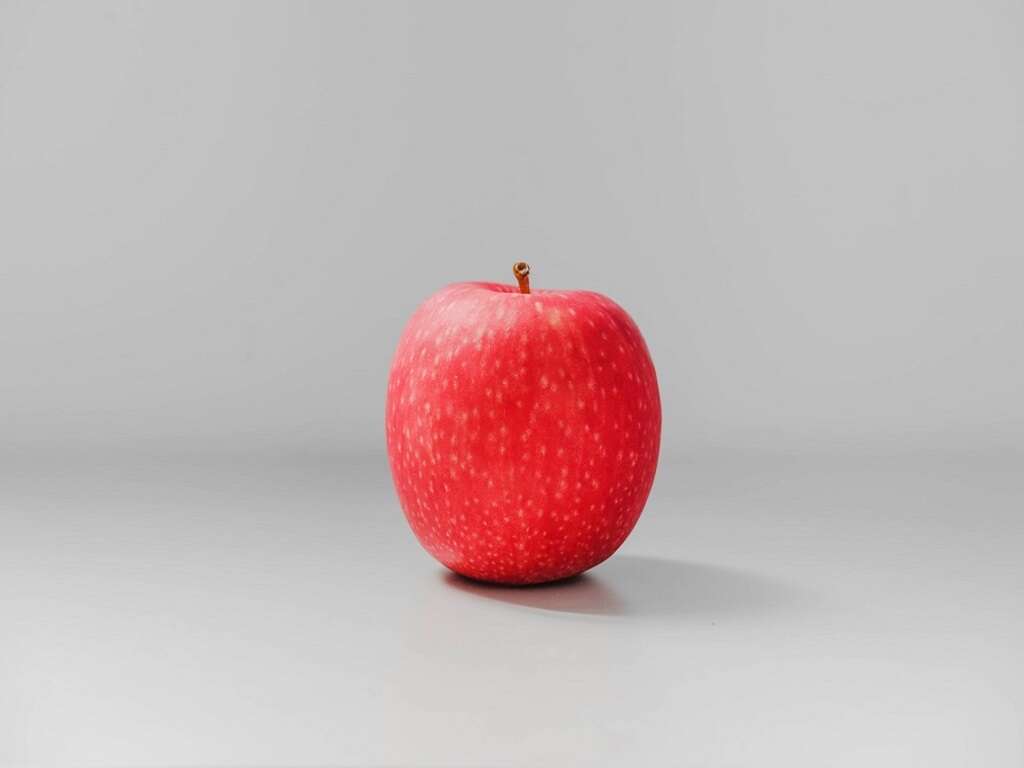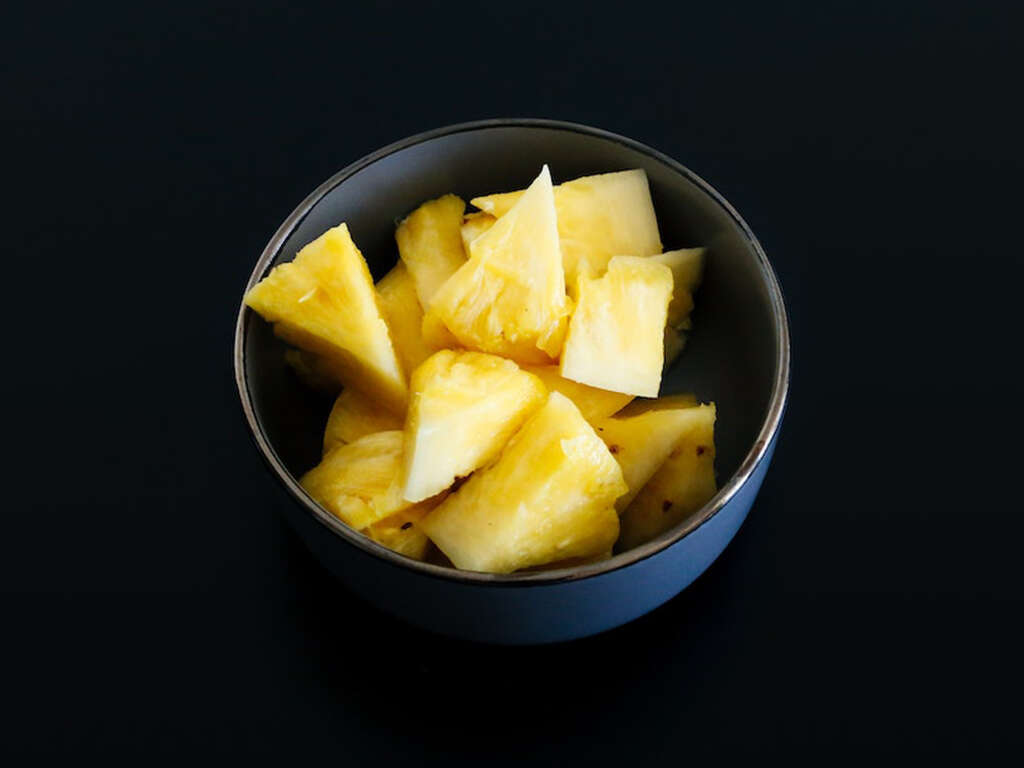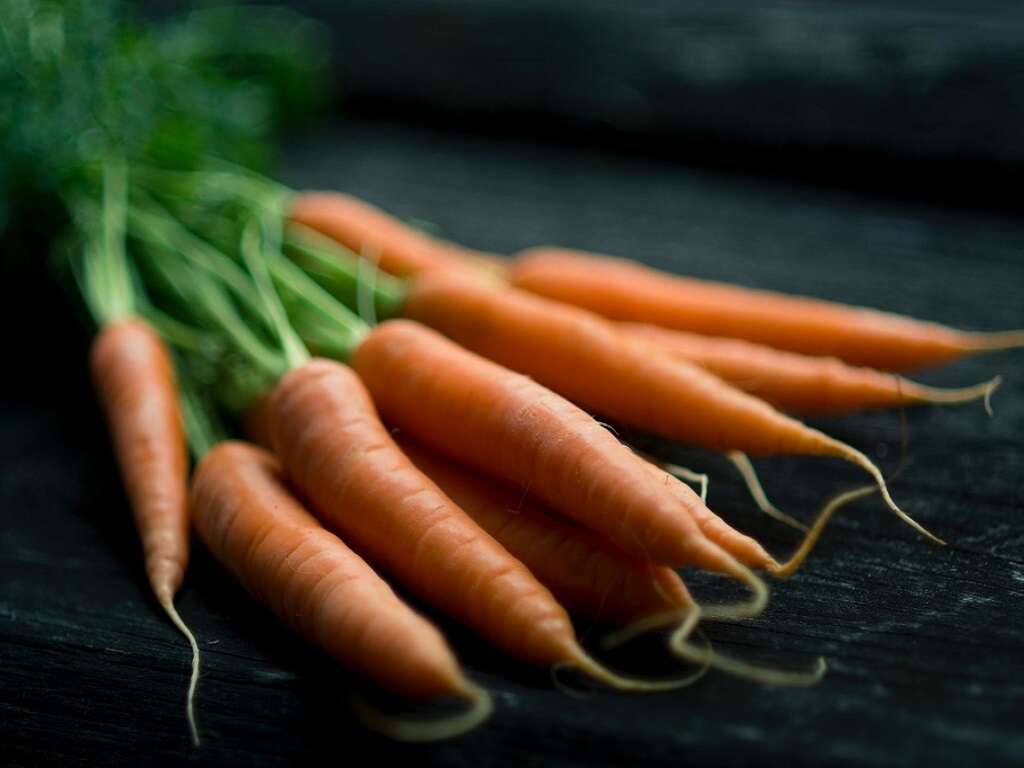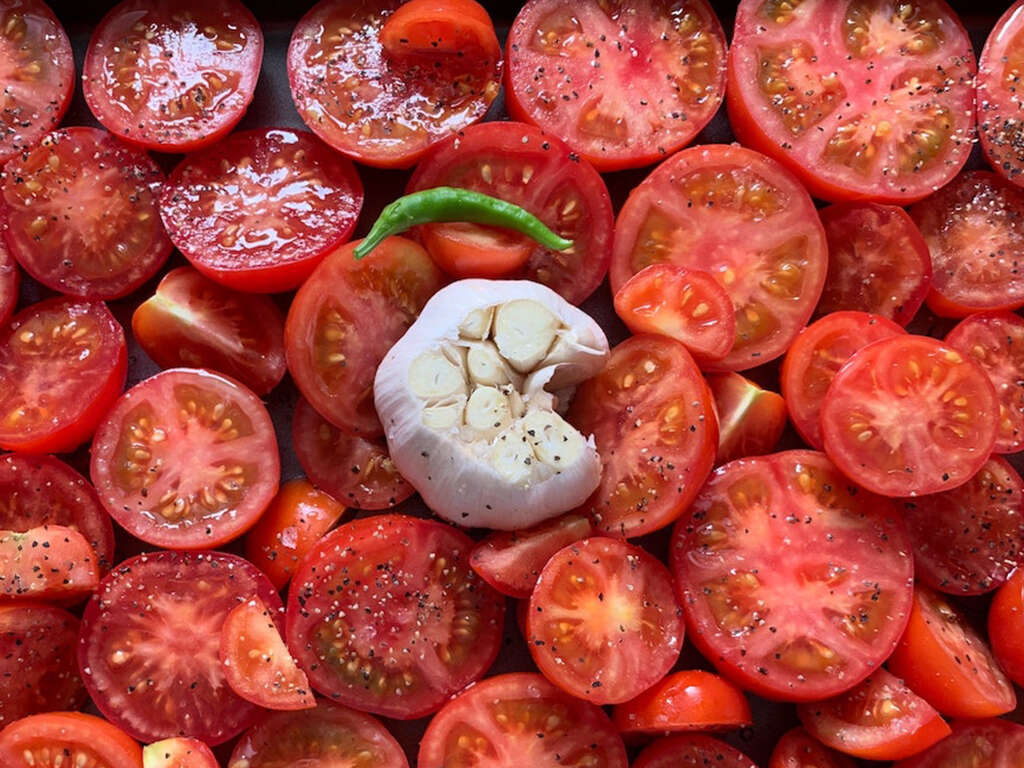Health Benefits of Grapes
 Article Sources
Article Sources
- 1. Cantos, Emma, et al. ‘Varietal Differences among the Polyphenol Profiles of Seven Table Grape Cultivars Studied by LC-DAD-MS-MS.’ Journal of Agricultural and Food Chemistry, U.S. National Library of Medicine, 25 Sept. 2002, www.ncbi.nlm.nih.gov/pubmed/12236700
- 2. Dybkowska, Ewa, et al. ‘The Occurrence of Resveratrol in Foodstuffs and Its Potential for Supporting Cancer Prevention and Treatment. A Review.’ Roczniki Panstwowego Zakladu Higieny, U.S. National Library of Medicine, 2018, www.ncbi.nlm.nih.gov/pubmed/29517181
- 3. Urquiaga, Inés, et al. ‘Wine Grape Pomace Flour Improves Blood Pressure, Fasting Glucose and Protein Damage in Humans: a Randomized Controlled Trial.’ Biological Research, BioMed Central, 4 Sept. 2015, www.ncbi.nlm.nih.gov/pubmed/26337448
- 4. Patel, Amit K, et al. ‘Protective Effects of a Grape-Supplemented Diet in a Mouse Model of Retinal Degeneration.’ Nutrition (Burbank, Los Angeles County, Calif.), U.S. National Library of Medicine, Mar. 2016, www.ncbi.nlm.nih.gov/pubmed/26732835
- 5. Calapai, Gioacchino, et al. ‘A Randomized, Double-Blinded, Clinical Trial on Effects of a Vitis Vinifera Extract on Cognitive Function in Healthy Older Adults.’ Frontiers in Pharmacology, Frontiers Media S.A., 31 Oct. 2017, www.ncbi.nlm.nih.gov/pubmed/29163162
- 6. Kodali, Maheedhar, et al. ‘Resveratrol Prevents Age-Related Memory and Mood Dysfunction with Increased Hippocampal Neurogenesis and Microvasculature, and Reduced Glial Activation.’ Scientific Reports, Nature Publishing Group, 28 Jan. 2015, www.ncbi.nlm.nih.gov/pubmed/25627672
- 7. Lin, Qian, et al. ‘Effects of Resveratrol on Bone Mineral Density in Ovarectomized Rats.’ International Journal of Biomedical Science : IJBS, Master Publishing Group, June 2005, www.ncbi.nlm.nih.gov/pubmed/23674958
- 8. Carr, Anitra C, and Silvia Maggini. ‘Vitamin C and Immune Function.’ Nutrients, MDPI, 3 Nov. 2017, www.ncbi.nlm.nih.gov/pubmed/29099763
- 9. Carr, Anitra C, and Silvia Maggini. ‘Vitamin C and Immune Function.’ Nutrients, MDPI, 3 Nov. 2017, [www.ncbi.nlm.nih.gov/pubmed/29099763.](https://www.ncbi.nlm.nih.gov/pubmed/29099763.)
- 10. Pieszka, Marek, et al. ‘The Role of Resveratrol in the Regulation of Cell Metabolism--a Review.’ Postepy Higieny i Medycyny Doswiadczalnej (Online), U.S. National Library of Medicine, 25 Feb. 2016, www.ncbi.nlm.nih.gov/pubmed/26943309
For thousands of years, humans have cultivated grapes, which have been a favorite throughout history as the source of wine. Grapes exist in various types, including red, green, pink, yellow and black, all of which grow in clusters. Temperate climates, such as those in Africa, Southern Europe, Australia and the Americas, are ideal for growing grapes. The largest source of grapes in the United States is California.
There are both seeded and seedless types of grapes. Grapes have nutrients, such as resveratrol, and compounds, such as antioxidants, all of which provide several health benefits.

Rich in Nutrients
One cup or 151 grams of green or red grapes contains 104 calories, 1.1 grams of proteins, 27.3 grams of carbohydrates and 0.2 grams of fats and fatty acids. It also contains a variety of vitamins and minerals. Vitamins C and K are the most abundant vitamins, along with minerals like copper, manganese, potassium and iron.
Over a quarter of the recommended daily intake of vitamin K can be found in grapes. This vitamin helps keep bones healthy and plays an important role in blood clotting. Likewise, the vitamin C found in grapes has powerful antioxidant properties that ensure the good health of connective tissue.

Rich in Antioxidants
Antioxidants are compounds that help heal cells that have been damaged by harmful molecules called free radicals. These molecules damage cells by causing oxidative stress. Excess free radicals are associated with many chronic diseases, such as heart disease, cancer and diabetes.
This fruit is rich in powerful antioxidant compounds. According to some sources, grapes have over 1,600 beneficial plant compounds.1Cantos, Emma, et al. ‘Varietal Differences among the Polyphenol Profiles of Seven Table Grape Cultivars Studied by LC-DAD-MS-MS.’ Journal of Agricultural and Food Chemistry, U.S. National Library of Medicine, 25 Sept. 2002, www.ncbi.nlm.nih.gov/pubmed/12236700 Within the fruit, the seeds and skin have the highest concentration of antioxidants.

Anticancer Benefits
Grapes are rich in beneficial plant compounds that may help shield against certain types of cancer. Among these compounds is resveratrol. Although more research is needed, some studies suggest this compound reduces inflammation and curbs the growth and spread of cancer cells.2Dybkowska, Ewa, et al. ‘The Occurrence of Resveratrol in Foodstuffs and Its Potential for Supporting Cancer Prevention and Treatment. A Review.’ Roczniki Panstwowego Zakladu Higieny, U.S. National Library of Medicine, 2018, www.ncbi.nlm.nih.gov/pubmed/29517181
This fruit contains catechins, anthocyanins and quercetin, all of which may have some anticancer benefits. Grape extracts may also inhibit the growth of cancer cells that cause colon cancer and breast cancer.

Improves Heart Health
Grapes may be beneficial for heart health as they may help lower blood pressure and reduce cholesterol. One cup or 151 grams contains 288 mg of potassium, a mineral that helps maintain healthy blood pressure. A high intake of potassium reduces the risk of heart disease.
Grapes also have compounds that may decrease cholesterol absorption and protect against high cholesterol. Diets that are high in resveratrol, such as the Mediterranean diet, may help reduce cholesterol levels.
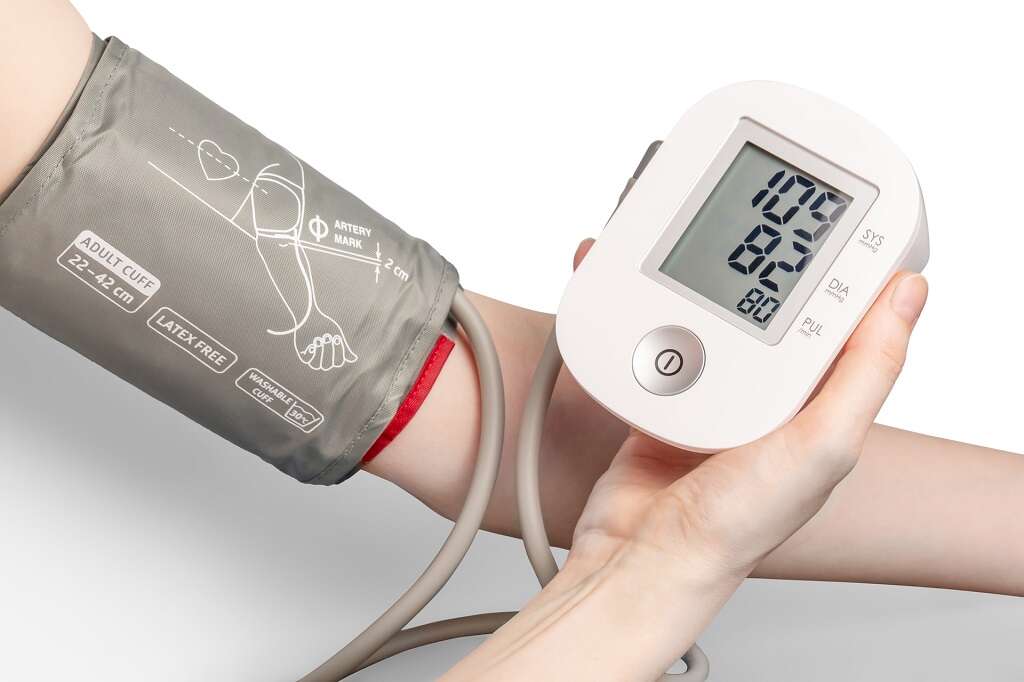
Regulates Blood Sugar Levels
One cup of grapes contains 23 grams of sugar. However, the fruit has a low glycemic index of 53, meaning it doesn't raise blood sugar quickly. According to some research, the compounds in this fruit may even decrease blood sugar levels.3Urquiaga, Inés, et al. ‘Wine Grape Pomace Flour Improves Blood Pressure, Fasting Glucose and Protein Damage in Humans: a Randomized Controlled Trial.’ Biological Research, BioMed Central, 4 Sept. 2015, www.ncbi.nlm.nih.gov/pubmed/26337448
Resveratrol may increase insulin sensitivity and enhance the body's ability to use glucose and, as a result, reduce blood sugar levels. This compound may also decrease blood sugar due to its positive impact on glucose receptors.
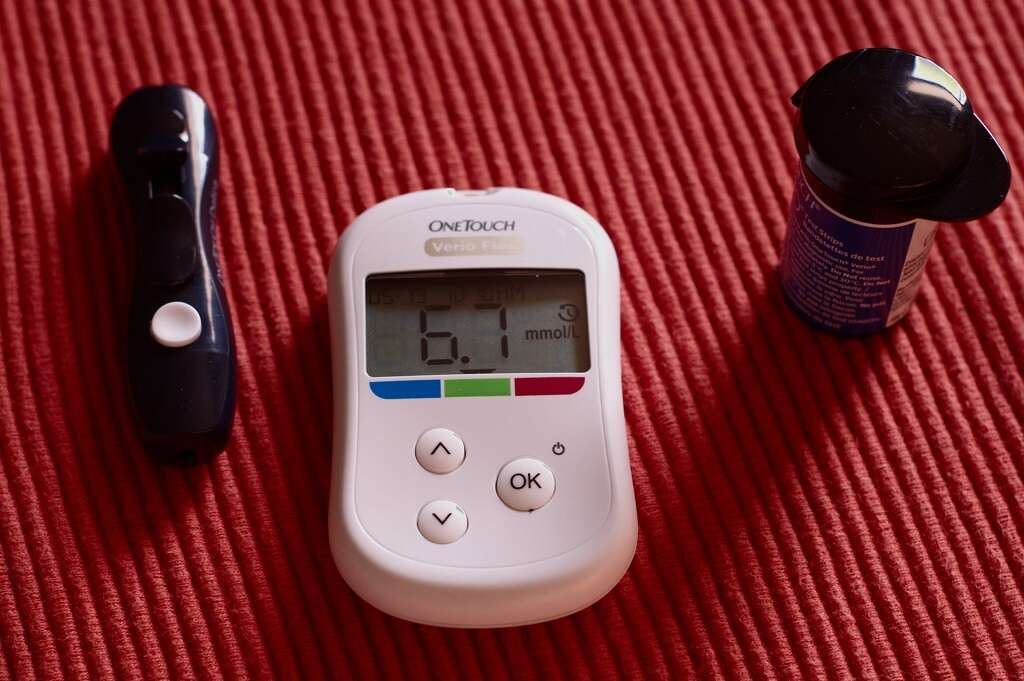
May Help Eye Health
Grapes contain chemicals that may help shield against common eye diseases. In one study, mice that were fed a diet supplemented with grapes exhibited less retina damage and better eye function than mice that ate the diet without grapes.4Patel, Amit K, et al. ‘Protective Effects of a Grape-Supplemented Diet in a Mouse Model of Retinal Degeneration.’ Nutrition (Burbank, Los Angeles County, Calif.), U.S. National Library of Medicine, Mar. 2016, www.ncbi.nlm.nih.gov/pubmed/26732835
A test tube study found that resveratrol protects human retina cells from ultraviolet A light. This may help reduce the risk of developing a common eye disease known as age-related macular degeneration.

May Improve Brain Health
Grapes may be beneficial to brain health, especially memory. In one study, consuming 250 mg of a grape supplement per day had a considerable impact on the results of a cognitive test that measured language, memory and attention.5Calapai, Gioacchino, et al. ‘A Randomized, Double-Blinded, Clinical Trial on Effects of a Vitis Vinifera Extract on Cognitive Function in Healthy Older Adults.’ Frontiers in Pharmacology, Frontiers Media S.A., 31 Oct. 2017, www.ncbi.nlm.nih.gov/pubmed/29163162
One study conducted on rats found that resveratrol improved mood, memory and learning after four weeks.6Kodali, Maheedhar, et al. ‘Resveratrol Prevents Age-Related Memory and Mood Dysfunction with Increased Hippocampal Neurogenesis and Microvasculature, and Reduced Glial Activation.’ Scientific Reports, Nature Publishing Group, 28 Jan. 2015, www.ncbi.nlm.nih.gov/pubmed/25627672 The resveratrol in grapes may help shield against Alzheimer's disease, according to animal studies. However, more research needs to be conducted on humans.

May Improve Bone Health
Grapes are rich in minerals that aid bone health. These include magnesium, calcium, phosphorous, manganese, potassium and vitamin K. Some studies suggest that resveratrol improves bone density in rats.7Lin, Qian, et al. ‘Effects of Resveratrol on Bone Mineral Density in Ovarectomized Rats.’ International Journal of Biomedical Science : IJBS, Master Publishing Group, June 2005, www.ncbi.nlm.nih.gov/pubmed/23674958
In one study, rats that consumed freeze-dried grape powder for eight weeks were able to absorb and retain calcium better than rats that did not consume the powder.8Carr, Anitra C, and Silvia Maggini. ‘Vitamin C and Immune Function.’ Nutrients, MDPI, 3 Nov. 2017, www.ncbi.nlm.nih.gov/pubmed/29099763 However, more research needs to be done to determine the effect of grapes on human bone health.

Antimicrobial Benefits
Grapes have compounds that may help fight against microbial infections. They're rich in vitamin C, which helps support the immune system. Grape skin extract may help protect against the flu virus, according to test tube studies.9Carr, Anitra C, and Silvia Maggini. ‘Vitamin C and Immune Function.’ Nutrients, MDPI, 3 Nov. 2017, www.ncbi.nlm.nih.gov/pubmed/29099763.
The compounds in grapes curbed the spread of yeast infections, chicken pox and the herpes virus in test tube studies. Resveratrol may also improve the body's resistance against foodborne diseases by reducing the growth of bacteria, such as E coli.

May Aid Longevity
Plant compounds in grapes may affect longevity and aging. Specifically, resveratrol may lengthen many species' lifetimes. The compound stimulates sirtuins, which are proteins that may slow down the aging process.
Resveratrol activates various genes, among them the SIRT1 gene, also known as the "longevity gene." Located in the cell nucleus, SIRT1 plays a role in cellular regulation. This gene is also activated by low-calorie diets, curcumin and other natural compounds according to animal studies. More studies in humans are needed to confirm these benefits.10Pieszka, Marek, et al. ‘The Role of Resveratrol in the Regulation of Cell Metabolism–a Review.’ Postepy Higieny i Medycyny Doswiadczalnej (Online), U.S. National Library of Medicine, 25 Feb. 2016, www.ncbi.nlm.nih.gov/pubmed/26943309





